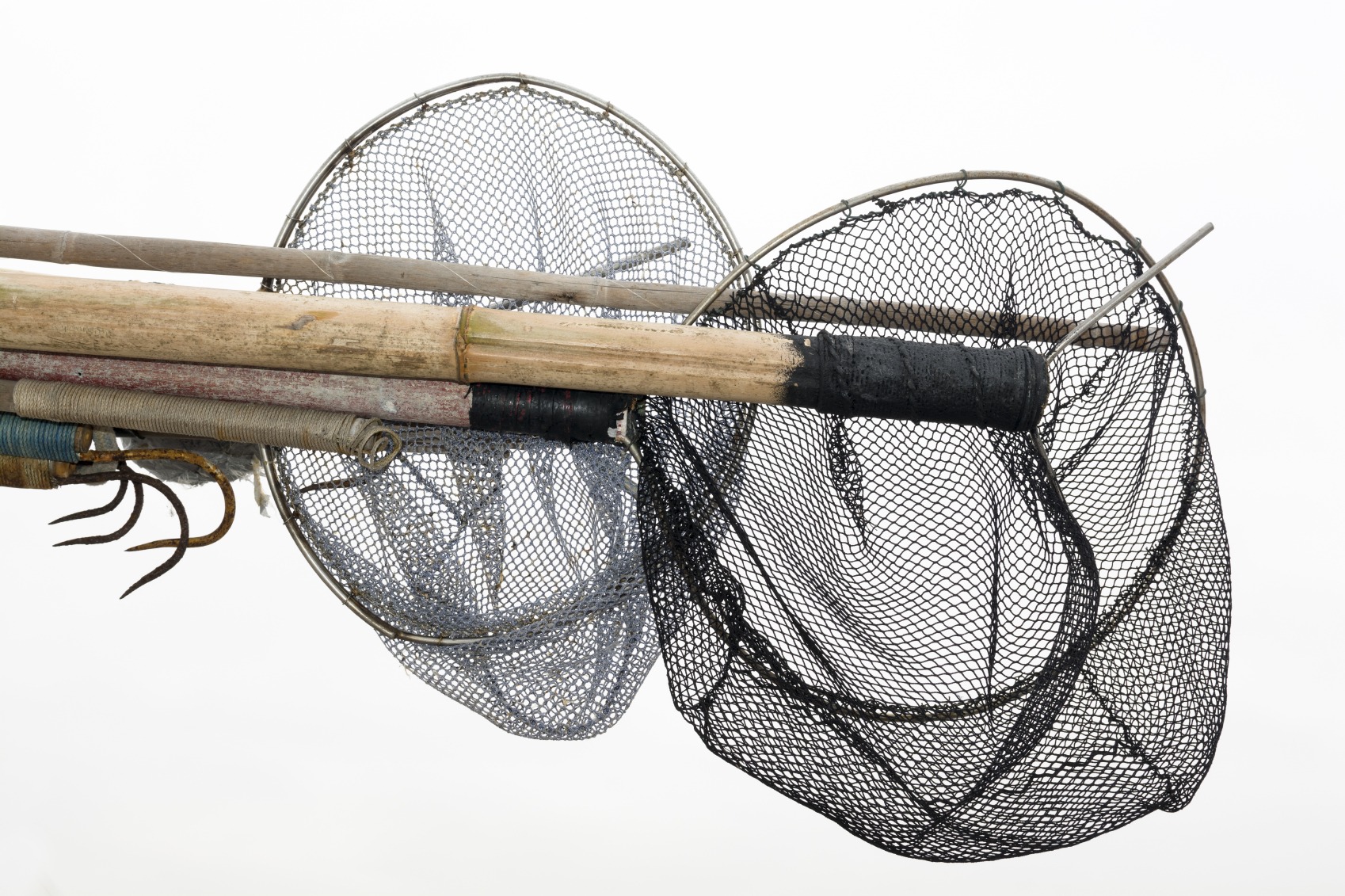On the first Saturday in 2013, in Japan, at the Tsukiji auction, a 489 pound bluefin tuna was sold for $1.76 million.
As a source of information, what does $1.76 million say to you?
One journalist said it could mean:
- growing demand
- natural resource exploitation
- slaughter of a species
- oceanic doom
Investigating a bit more, I discovered that rather than reflecting environmental disaster, paying a high price for the first blue fin at this auction was considered an honor and a source of advertising by the Sushi restaurant chain owner who bought the fish. One blogger indicated that diners would pay $4.60 to eat it–not the $345 a serving that the price implied.
Here is the auction price of that first bluefin tuna since 2008. The environmental significance of the price? Probably none.

This took me to an insightful podcast that I listened to recently during a morning walk. (Sadly because of the zero degree polar vortex, no walks and no podcasts today and yesterday.)
Judith Curry, Professor and Chair at Georgia Institute of Technology’s School of Earth and Atmospheric Sciences is an environmentalist with a twist because a CO2 focus just does not make sense to her. Testifying before Congress, she said that environmental problems are “wicked.” They involve an interplay of physical, chemical, biological, social and economic variables that are bound to have unintended consequences.
Her concern is that the greenhouse gases that have grabbed our attention are diverting us from what we could change in the next several decades. In other equally important less headline worthy areas, we could make more of a difference.
At Econtalk, she told Russ Roberts, “By thinking everything is caused by CO2, we’re missing a big part of the story….By focusing on this very long-term issue of carbon dioxide they are going to miss opportunities to deal with problems like reducing our vulnerability to hurricane landfalls or to addressing issues of potential water shortages. By only focusing on the greenhouse warming aspect part of the problem, we are missing opportunities to really reduce our vulnerability to these kind of issues which have the largest economic impact associated with climate variability and change.”
The sushi connection? Whether considering bluefin tuna or climate change, the most interesting news worthy attention getters can lead us down the wrong path.
Sources and Resources: For a good read about the Tsukiji auction, the Atlantic had one of the best articles but what I truly recommend is the Judith Curry Econtalk interview.
Note: Spelling corrected for Judith Curry (had been Currey).






